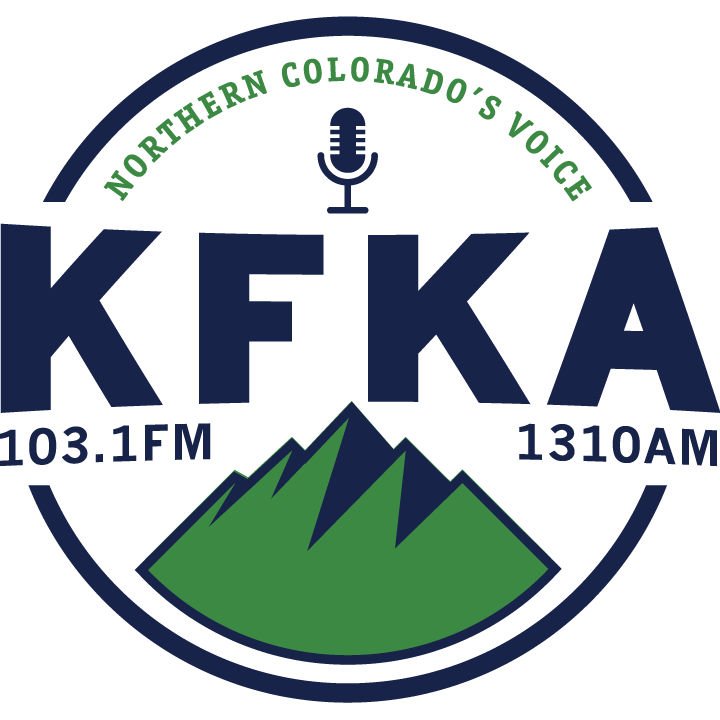 sudok1/iStock(NEW YORK) — Even as local officials insist the end of the worst phase of the coronavirus crisis might be coming into view, shortages of key drugs are causing alarm in the epicenter of the nation’s COVID pandemic in New York City.
sudok1/iStock(NEW YORK) — Even as local officials insist the end of the worst phase of the coronavirus crisis might be coming into view, shortages of key drugs are causing alarm in the epicenter of the nation’s COVID pandemic in New York City.
Officials with the Federal Emergency Management Agency are working to move large amounts of critical drugs into the New York area to deal with continuing shortages, the agency told ABC News. While some hospitals have managed to build up some stock of the intubation and sedation medications, others are reporting problems keeping up with a demand created by the combination of new cases and the long-term needs of many people seriously ill with COVID-19.
The Department of Health and Human Services and FEMA “have received requests for assistance from states and localities to fill pharmaceutical shortages,” a FEMA spokeswoman told ABC News Tuesday. The agencies “are working closely with our state and local colleagues to ensure that any critical shortfalls are identified.”
In recent days, New York officials have noted that new hospitalizations and intensive-care submissions have leveled off and even decreased, while the daily death toll has hovered around or above 700 people a day.
At the same time, FEMA disaster managers in New York City have been burning up phone lines to secure more and more of the drugs needed specifically by ambulance crews and the temporary hospital at the Javits Center in Manhattan — now one of the largest medical facilities in the nation.
“I mean, hey it’s a problem,” said one FEMA official, adding that the concerns from New York have been raised with the agency’s leadership in Washington.
A new fear, the official said, is that a lack of necessary drugs in ambulances could make the treatment of patients in route to hospitals less effective, and potentially more dangerous — even as FEMA brings in out-of-state emergency medical service crews because there is such a critical need in New York.
A FEMA spokeswoman said supplies are running low for the drugs used to treat and sedate patients who need to be mechanically ventilated. The problem is twofold: There are more patients who need such drugs because of the pandemic and many seriously ill with coronavirus often wind up needing mechanical ventilation for two and three times the number of days typical ventilator patients need the treatment.
When a patient is intubated, they are usually given a combination of sedatives and anesthetics before a breathing tube is inserted down their throats. Patients sometimes also require paralytic drugs to loosen up their vocal cords and other muscles to prevent damage when the breathing tube is inserted.
Patients continue to receive sedatives and pain relievers to keep them asleep while intubated, to prevent their bodies from fighting against both the breathing tube and the ventilator, which essentially breathes for patients to allow their own lungs to heal.
Dr. Erin Fox, who tracks and investigates drug shortages reported by hospitals around the country, confirmed that the critical pharmaceuticals are in short supply nationwide — already a growing concern two weeks ago, as ABC News previously reported.
“We’re definitely hearing from pharmacists and hospitals across the country that they can’t order enough to prepare or to meet their needs,” said Fox, who works with the American Society of Health System Pharmacists. “What might have lasted a week to two weeks, hospitals are using in a single day.”
Among the drugs in short supply right now are the sedatives etomidate and propofol, an anesthetic called ketamine, the muscle-relaxing medication rocuronium and the pain reliever fentanyl.
One bright spot, Fox said, is the Drug Enforcement Administration’s recent order relaxing strict drug quotas for controlled substances like fentanyl because of the COVID-19 crisis. That move now permits drug manufacturers to ramp up production to help fill the void. FEMA also said the agency and HHS have been working with manufacturers and the DEA to increase production of key drugs.
“It’s just the sudden spike in demand is too much for the normal supply chain to handle,” Fox said.
Copyright © 2020, ABC Audio. All rights reserved.
